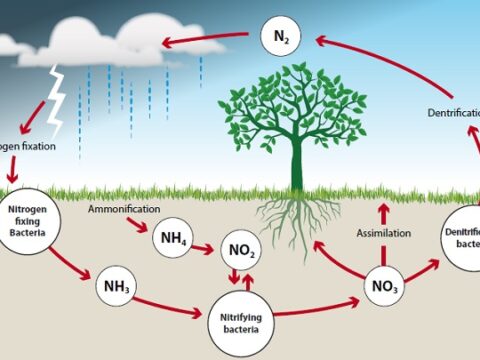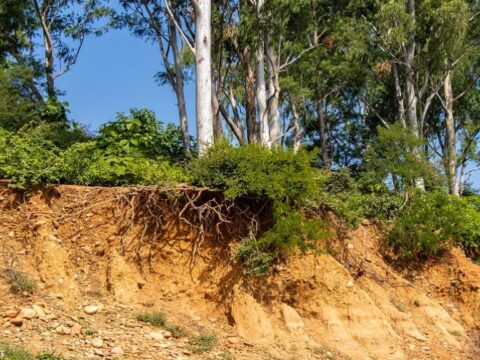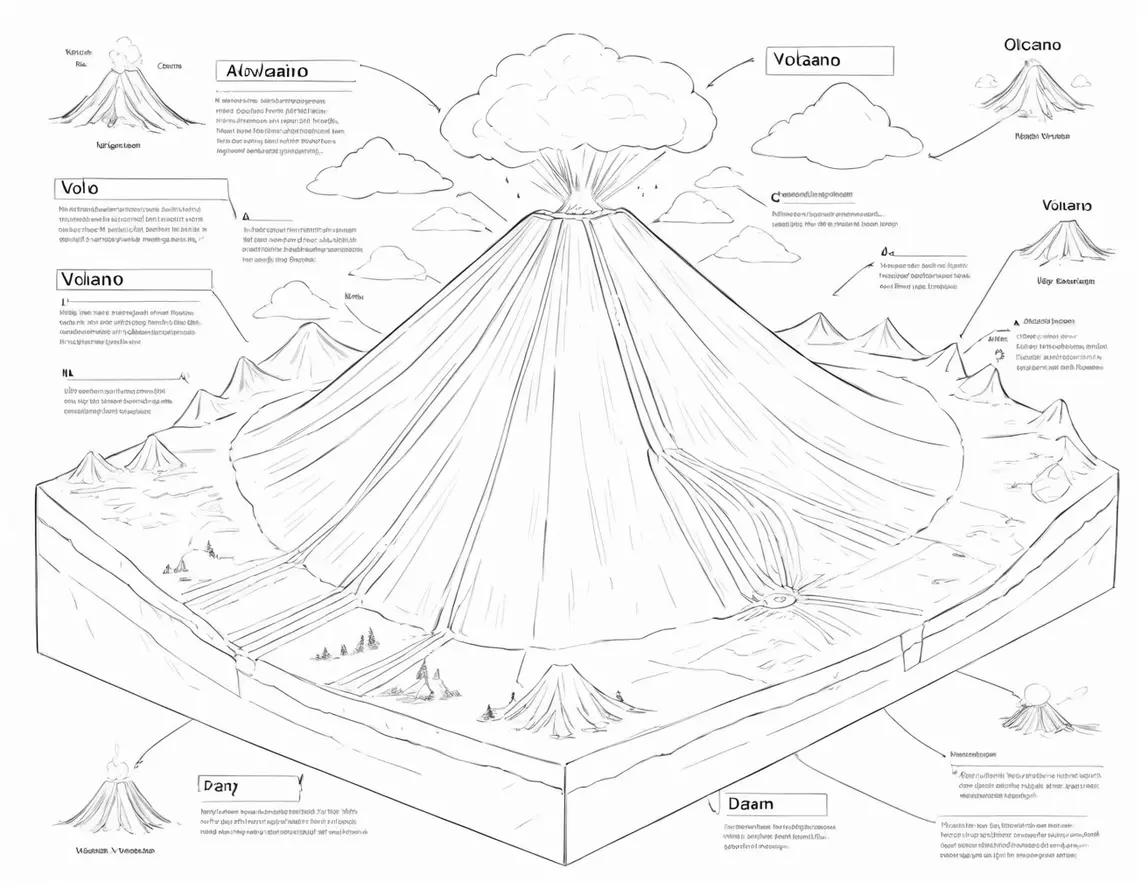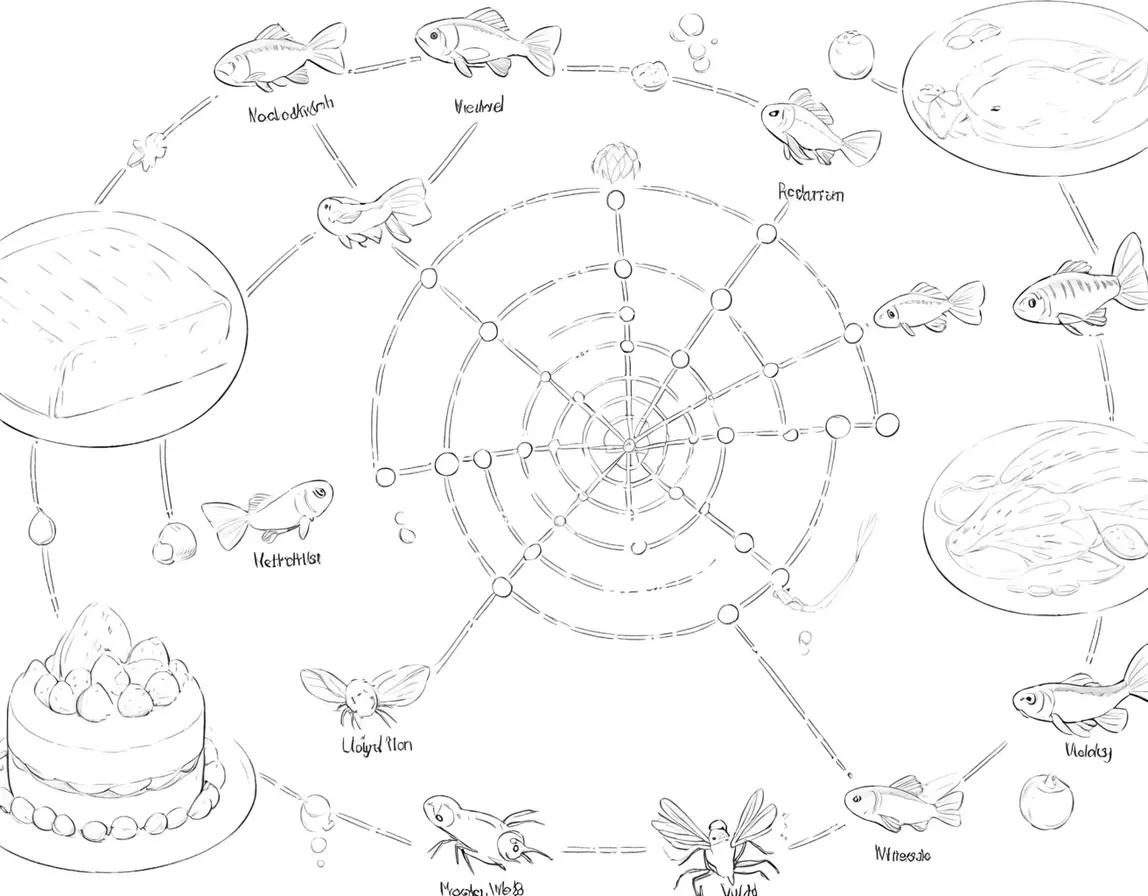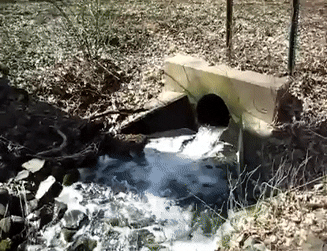
With the massive growth of the world’s population, there is a great demand for goods and services. Technology and knowledge have also advanced and with this, an increase in factories and manufacturing activities creates more waste.
Wastes, which often take the form of chemicals and solid wastes often end up polluting the soil. Households also contribute to land pollution through garbage and chemical products used in everyday life.
SOLID WASTE
Garbage disposal has become a global problem. Solid wastes such as bottles, plastic bags, old toys, tin cans, old appliances, and vehicles usually end up on plots of land, beaches, roadsides, and gullies.
TOXIC WASTE
There are numerous industries that create toxic wastes as a part of their operations. Chemical factories produce toxic waste which often ends up in the environment. Oil manufacturing takes up a lot of land space and produces petrochemical waste. Toxins such as cyanide, mercury and lead are also by-products of industries such as mining and manufacturing.
RADIOACTIVE WASTE
Radioactive waste is generated from nuclear power plants. It is also a by-product of creating nuclear weapons. There are numerous countries that generate electricity from nuclear power plants.
CONSEQUENCES OF LAND POLLUTION
Toxic waste is poisonous and can severely harm humans, plants, and animals. Wastes such as lead, mercury, and cyanide can end up in the environment. Humans can be affected by them through direct contact or through a food web. These toxic wastes can result in brain, liver, kidney, nervous system damage and cancer. Prolonged exposure can result in death.
Oil spills can cover soil and vegetation, killing plants and making the soil unfit for agricultural purposes. Such areas also become uninhabitable because of the toxic, unpleasant odor as well as the fact that oil spills take away from the aesthetics of land space.
Solid waste such as old appliances, tyres, and plastics create unsightly mounds which also pose health problems. These solid wastes usually end up becoming breeding grounds for flies, mosquitoes, and rats which transmit diseases such as malaria, leptospirosis and gastroenteritis.
Nuclear wastes if not properly disposed of can pose serious health threats. Humans can be affected by direct contact and indirectly through food chains. Exposure to radiation can result in nausea and vomiting. It can also damage white and red blood cells, making a person vulnerable to infections. Prolonged exposure to radioactive waste can lead to cancer, mutations, birth defects and death.
SOLUTIONS
- The use of the educational system to sensitize persons about the causes and effects of pollution.
- Recycling of products, especially those that are not bio-degradable.
- Creating suitable locations for the disposal of waste. Such locations should be properly designed to prevent contaminants from getting into the soil. They should also be far away from human settlements.
- The creation of laws to enforce strict penalties for persons who dispose of waste incorrectly.



